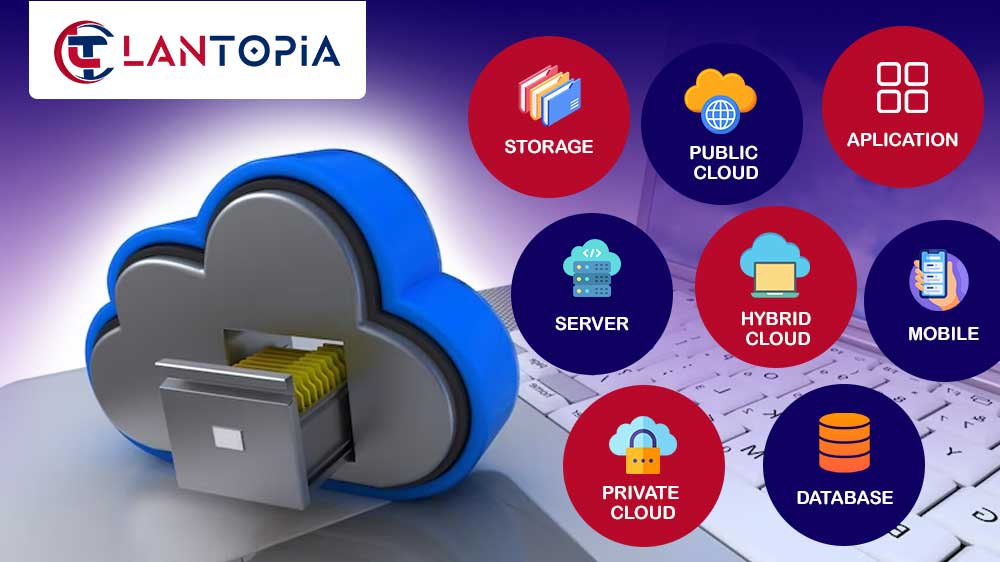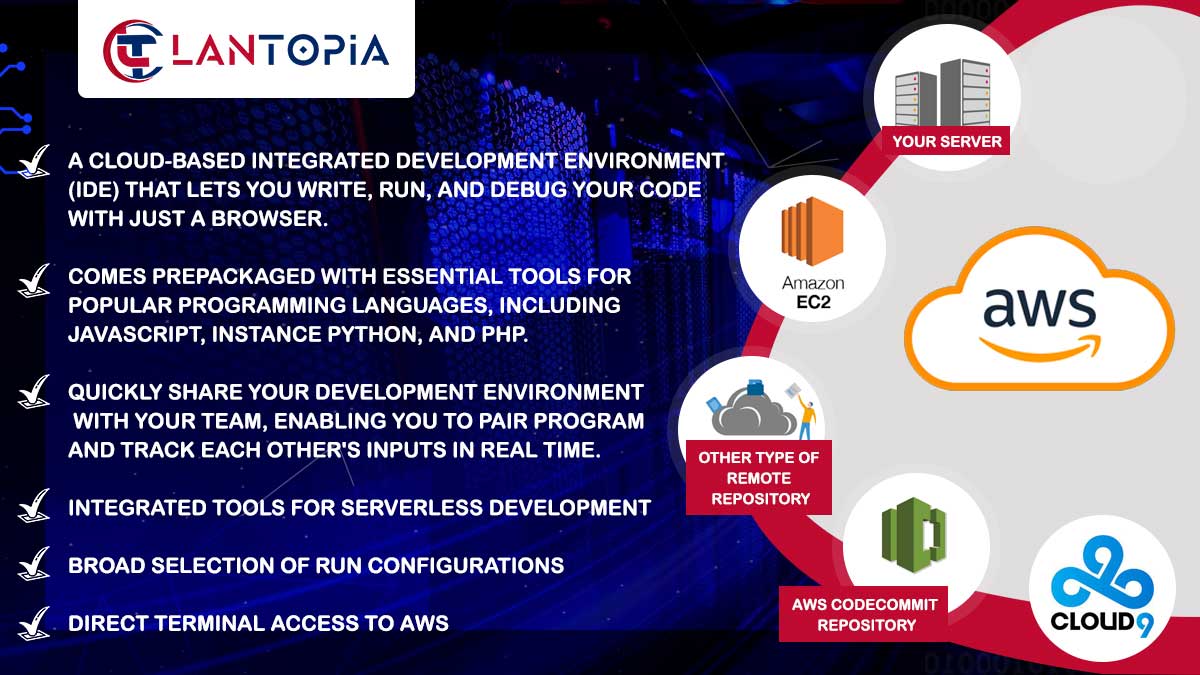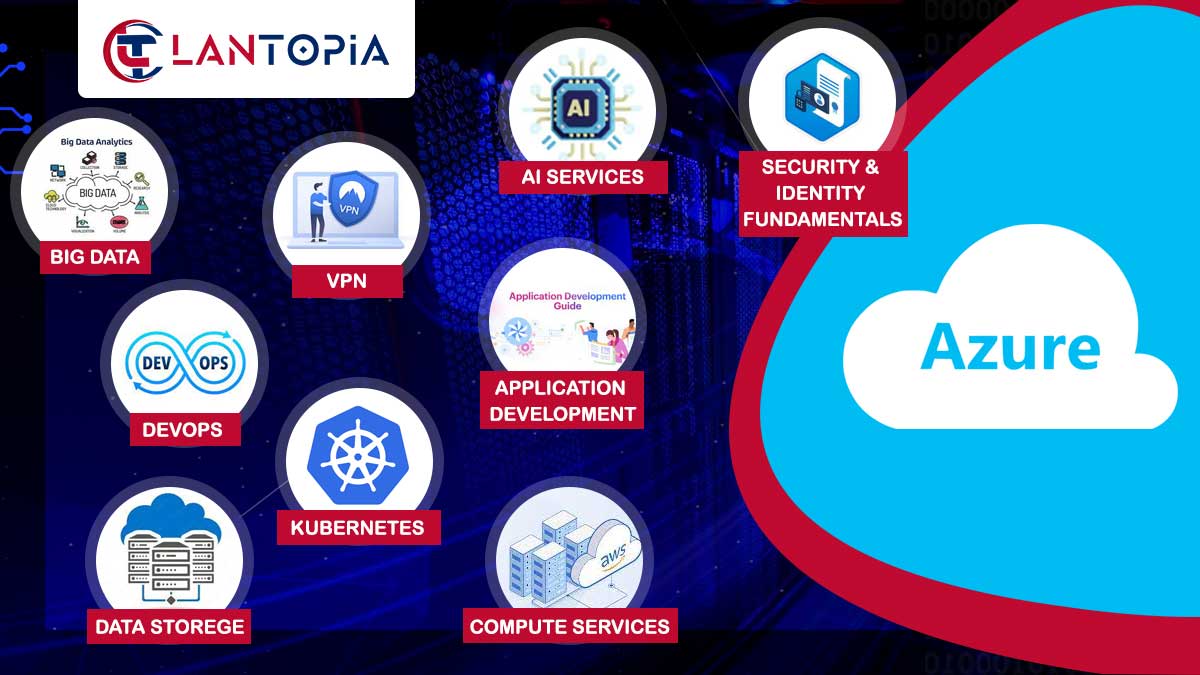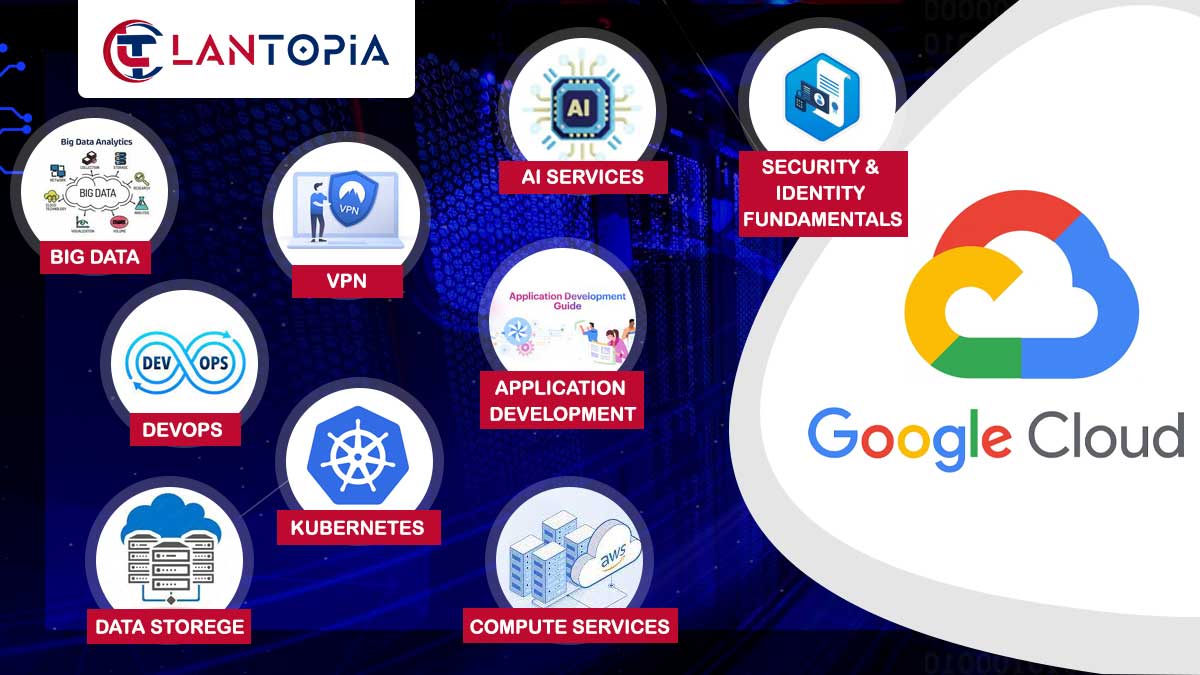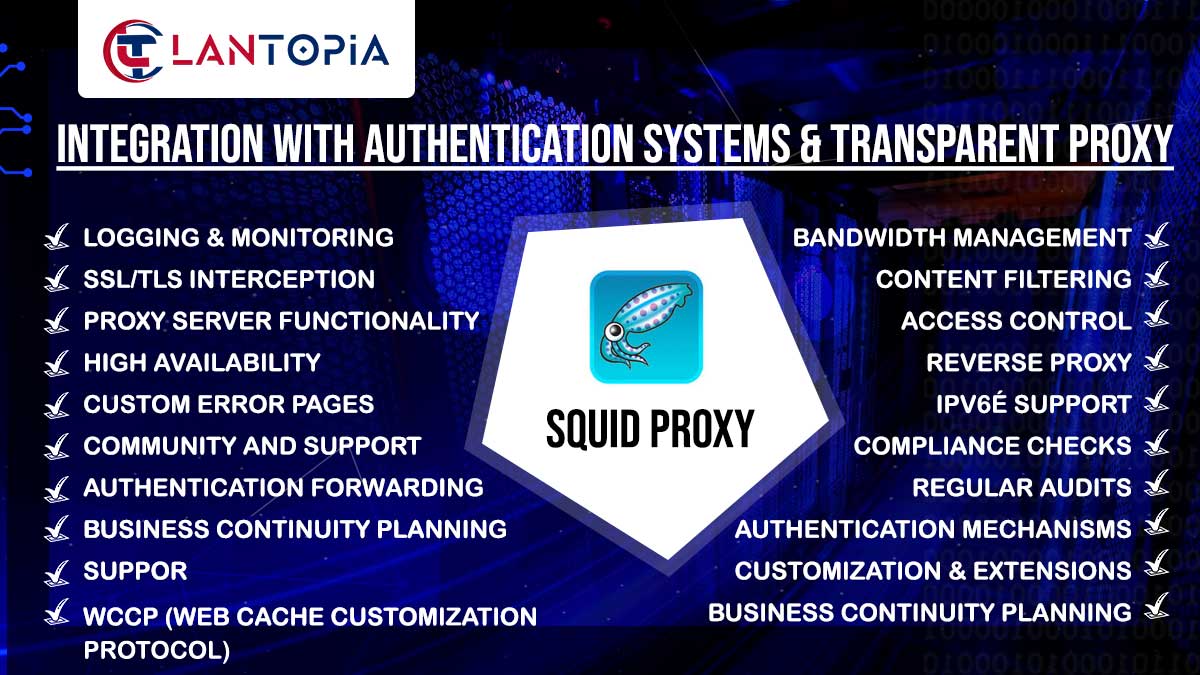- Cloud Service AWS, Azure, Google Cloud, and others
- Data Migration and Integration
- Compliance and Governance
- Disaster Recovery and Business Continuity
What can you expect to pay? We believe in being up-front with our prices as we respect our customers.
- Remote services are billed at $50/hr
- On-site services are $100/hr with a travel fee of $100 per visit
- A monthly retainer starts from $500 which accounts for 15 remote hours of support. This adds 50% bonus support hours for free and is the most economical and preferred by our customers.
What can you expect to get?
Dedicated IT professional with deep knowledge of the technologies needed to help your business. Recommendations on best practices. Fast turnaround and highest quality work with a proven track record.
We guarantee satisfaction or your money back.
- Cloud Service Selection:
- Conduct commercial selection and assist in selecting appropriate cloud services (IaaS, PaaS, SaaS)
- AWS, Microsoft Azure, Google Cloud, or others as you need the service
- Introduction to Assessment of Ability and Support (SALA)
- Data Migration and Integration
- Planning and executing a smooth migration of data to the cloud
- Ensure integration with existing on-premises systems
- Check data integrity and access after transfer
- Security Measures
- Integrate robust Identity and Access Management (IAM) controls
- Encrypt sensitive data both in transit and at rest
- Regularly update and patch cloud infrastructure for security
- Compliance and Governance
- Understand and follow industry compliance regulations
- Apply governance policies to manage access and resources
- Monitoring and auditing activities for compliance purposes
- Cost Management
- Optimizing cloud costs by right-sizing resources
- Using cost management tools provided by the cloud provider
- Monitoring usage and adjusting resources based on demand
- Disaster Recovery and Business Continuity
- Develop and test a comprehensive disaster recovery plan
- Take advantage of cloud-based backup and recovery services
- Ensuring data redundancy across multiple geographies
- Scalability and Flexibility
- Easily scale resources up or down based on demand
- Leverage auto-scaling features for dynamic workloads
- Choosing services that offer flexibility in deployment options
- Collaboration Tools
- Implement cloud-based collaboration tools (e.g., Microsoft 365, Google Workspace)
- Facilitate seamless communication and document sharing
- Enable remote work capabilities for distributed teams
- Performance Monitoring and Optimization
- Use monitoring tools to track the performance of cloud resources
- Optimize configurations for better performance and cost efficiency
- Implement automatic scaling based on performance metrics
- Vendor Management: Regularly assess the performance and reliability of the chosen cloud provider. Stay informed about updates, new features, and service changes. Have contingency plans in case of service disruption..
- Training and Skill Development: Provide training for IT staff to effectively manage cloud services. Foster a culture of continuous learning to adapt to cloud advancements. Encourage cloud certification for relevant personnel.
- Data Privacy and Protection: Understand the cloud provider's data privacy policies and practices. Implement controls to protect sensitive information. Regularly review and update data privacy measures.
- Mobile Accessibility: Ensure cloud services are accessible and suitable for mobile devices. Implement security measures for mobile access to cloud resources. Facilitate collaboration and productivity on mobile platforms.
- API Integration: Leverage APIs to integrate cloud services with other business applications, fostering an ecosystem of interconnected services for efficiency. Regularly review and update API integrations.
- Customer Support and SLAs: Understand the level of customer support provided by the cloud provider, review and negotiate service level agreements (SLAs) for performance. Have clear channels of communication in case of problems.

